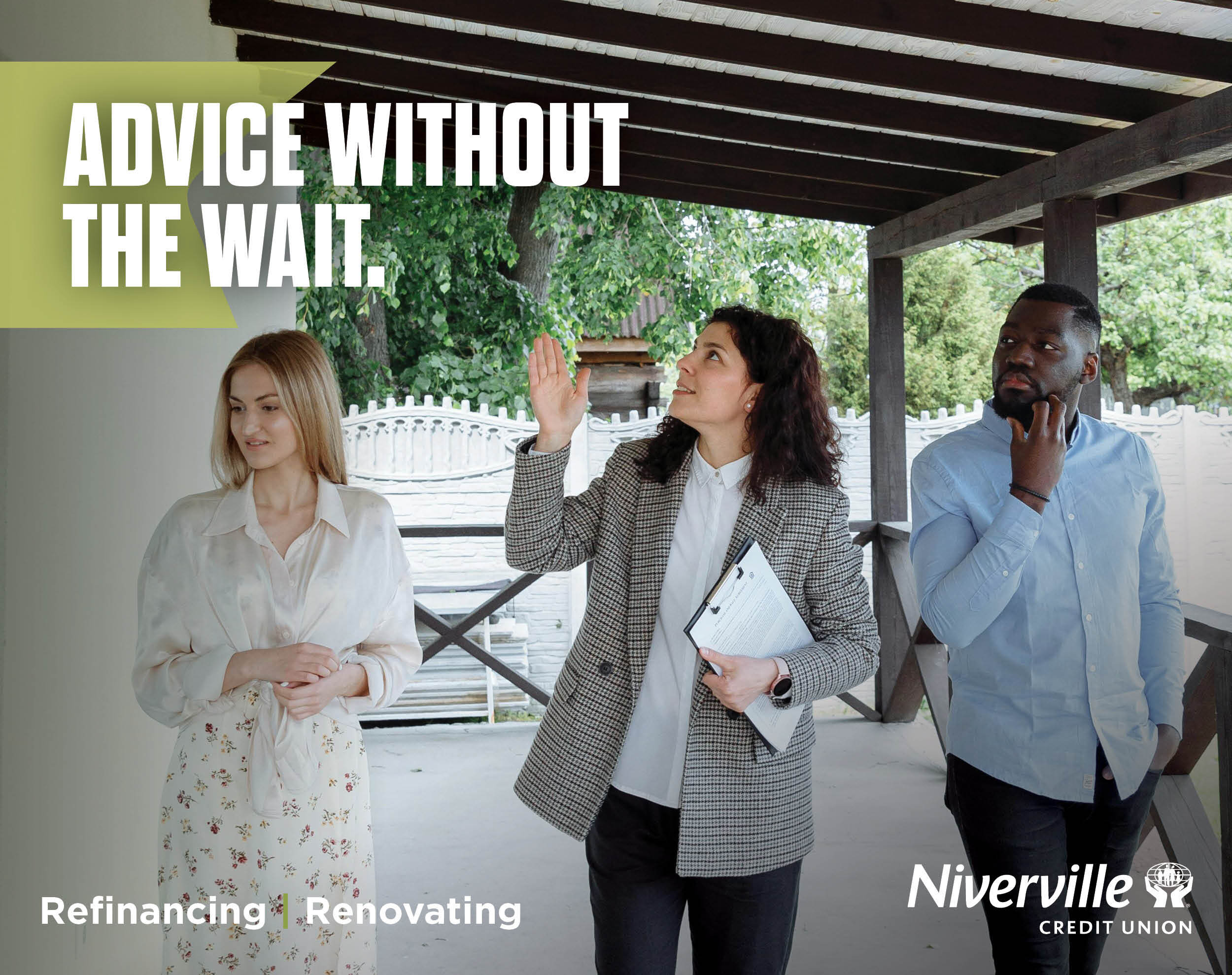
The advancement of LGBTQ rights in Canada has been a steady, if slow, progression. Once same-sex relationships were legalized in 1969—with Trudeau Sr. acknowledging that the state had “no place in the bedrooms of the nation”—the expansion towards equal rights was inevitable.
The first same-sex marriage ceremony took place in Winnipeg in 1974, though it would be decades before it was formally acknowledged. The first Pride week took place in 1979. The first human rights case, over employment terminated due to sexual orientation, occurred in 1993. Then, a mere two years later, the Supreme Court ruled that freedom from discrimination on the basis of sexual orientation is a protected right under the Charter of Rights and Freedoms.
Finally, same-sex marriage was legalized in 2005.
As our LGBTQ friends, family, and neighbours have begun to enjoy the same rights and privileges as the rest of us, one could be forgiven for thinking that the issue is well and truly settled.
Yet currently, significant debate continues to occur in the public discourse over the discussion of LGBTQ subjects with adolescents and children. Some religious figures and media pundits, especially those south of the border, characterize these conversations as a form of child abuse, claiming that discussion of same-sex attraction or gender identity is harmful to young people—or worse yet, that it may somehow convince them to become gay, lesbian, bisexual, transgender, on nonbinary.
Claims are also made that discussing LGBTQ issues will cause mental health problems, and proponents of this view often point to increased rates of suicide and mental illness in the LGBTQ community as “proof.” They say it’s better to ignore these subjects, ban their discussion in schools, and try to prevent young people from being exposed to the idea.
And as conversion therapy is still legal in many places, they also try to “fix” our kids if they think they might be different. Even though conversion therapy is no longer legal in Canada, there are still many parents who, if their child brought up same-sex attraction, would respond negatively, actively discouraging their youth from “being gay” at one end of the spectrum or (as one local parent implied to a local school trustee less than a decade ago) responding with physical violence at the other.
Many people would hesitate to respond positively, or even openly, to one’s disclosure of same-sex attraction. What these people may not realize is the cost that this response can have for that young person’s mental health. It could even cost them their life.
Psychologists have known for some time that a parent’s response to their child coming out as LGBTQ can have a significant impact on their mental health.
In 2012, researchers from Boston University and the University of Massachusetts, in one of the first studies of its kind, examined the long-term health and mental health consequences of parental responses to children coming out. They found that when parents responded negatively—with judgement or attempts to convince their children that they were wrong about being gay—it drastically increased the young person’s later experiences of depression, binge drinking, and illicit drug use.
By contrast, when parents responded affirmingly—with unconditional love, acceptance, and acknowledgement of their child’s identity—they achieved the opposite result. Their children only experienced rates of these issues on par with their heterosexual peers.
These results have been replicated many times in the years since. Multiple independent studies by psychologists around the world have confirmed it: when LGBTQ youth face parental rejection for coming out, they face a range of mental health issues including depression, anxiety, PTSD, substance use disorders, and (most concerningly) suicide.
LGBTQ youth who experienced affirmation from their parents experience significantly lower rates of all of those issues. The drop in suicide rates alone points to the incredible importance and effectiveness of affirmation as a response.
For transgender youth especially, having access not only to affirming parents and peers but also gender-affirming medical care dropped their risk of suicide dramatically. One Ontario report in 2012 found an incredible 96 percent drop in suicide rates for transgender teens when they experienced support and access to affirming medical care. If any other procedure or treatment had such a high success rate, it would be a standard approach in the medical community.
Contrary to the fears spread by some media outlets, no evidence exists to suggest that discussing sexual orientation and gender identity will somehow cause children to develop those orientations or identities.
While there is no set age at which everyone comes out as LGBTQ, research in 2018 by psychologists from San Diego State University found that many youth who would identify as LGBTQ were aware that they were different, even specifically aware of their identity, well before high school.
Children are often keenly aware of what makes them different from the people around them, and since sexual orientation/gender identity are traits that are hardwired into our brains, it is consistent with the available research to expect that children will be aware of those parts of their identity even from a young age.
It’s not child abuse to have open conversations about sexual orientation or identity with children, nor is it harmful to respond with love and affirmation if they come out as LGBTQ.
According to recent surveys, roughly 5.6 percent of the population would fit within the LGBTQ category. The likelihood that some parents reading this article already have an LGBTQ child and don’t know it is a virtual certainty.
It would be prudent to consider how we will have these conversations with our children now, and even more prudent to prepare to respond with love and affirmation before those conversations happen.
If nothing else, consider the tangible, life-saving benefits of affirming your young person’s identity. Treating your children with love, respect, acceptance, and affirmation is good for them; treating them with rejection, judgment, and condemnation is not.
We don’t need years of research to back this up. We’ve always known this.



















